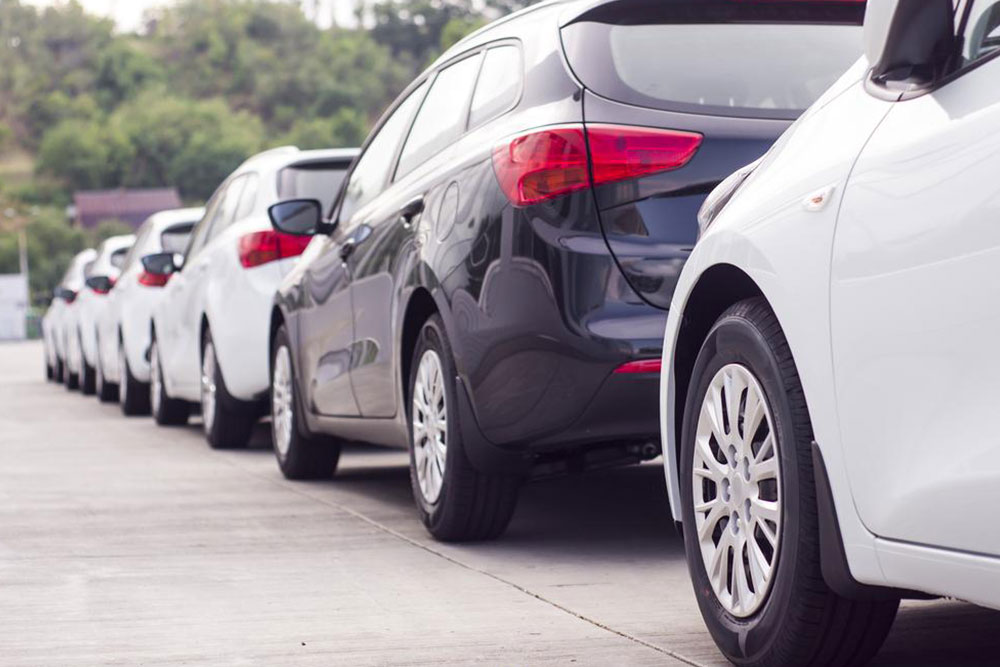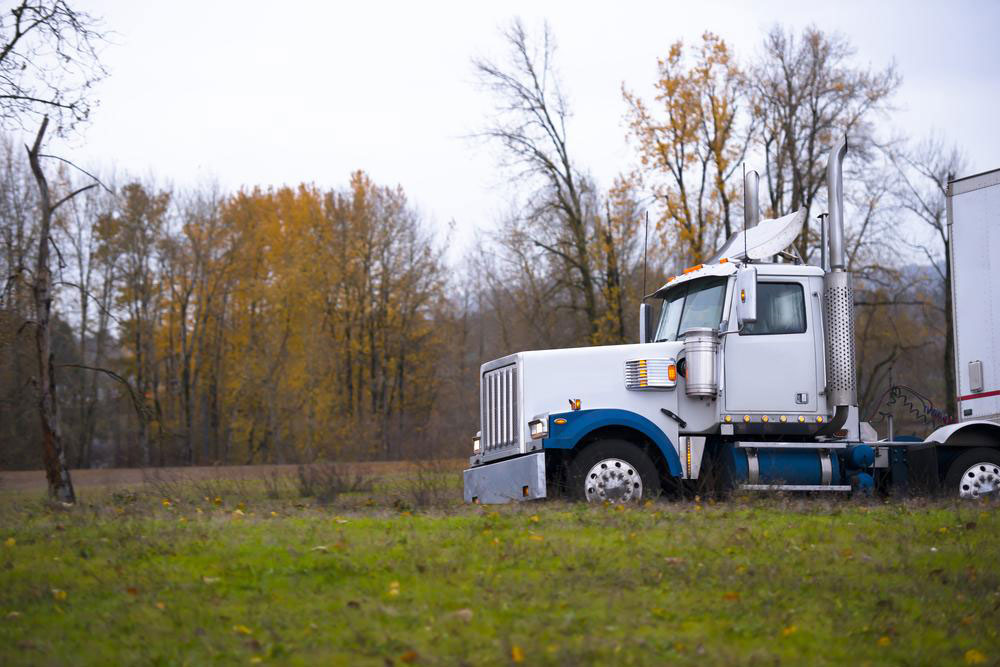Comprehensive Guide to Buying Repossessed Vehicles: Tips and Strategies
This comprehensive guide offers essential tips for buying repossessed vehicles, including sources, inspection strategies, and risk mitigation. Perfect for budget-conscious buyers, it helps navigate the repossession process safely and efficiently to secure quality used cars at significantly lower prices.

Comprehensive Guide to Buying Repossessed Vehicles: Tips and Strategies
Purchasing a repossessed vehicle can be a smart financial move for buyers seeking quality used cars at a fraction of their original price. Repossessed cars, often called 'repo cars,' are vehicles that lenders, such as banks or financial institutions, seize when owners default on their auto loans. While this process may seem complex or risky at first glance, with proper knowledge and precautions, buyers can take advantage of the significant savings and acquire reliable vehicles at reduced costs. This detailed guide aims to walk you through the essential tips, sources, and considerations involved in purchasing a repossessed vehicle, ensuring you make an informed and confident decision.
Understanding what repossessed vehicles are and how the process works is crucial for any potential buyer. When vehicle owners fail to meet their loan obligations, lenders initiate repossession procedures, reclaiming ownership of the vehicle. These vehicles are then typically sold through various channels, offering buyers an opportunity to purchase at below-market rates. But accessing these deals requires knowledge of where to find repossessed cars, what to expect, and how to evaluate the vehicles' condition.
Let’s explore the most common sources from which you can acquire repossessed vehicles, along with key tips to maximize safety and value during your purchase journey.
Sources to Find Repossessed Vehicles
Specialized Repossession Dealerships: These dealerships focus exclusively on repossessed cars. They typically have a wide inventory of vehicles that have been inspected, reconditioned, and prepared for resale. While vehicles from these dealers might carry slightly higher price tags, they often come with warranties, certification, and detailed histories, providing peace of mind for buyers.
Bank and Financial Institution Auctions: Many banks and lenders conduct regular auction events where they sell repossessed vehicles directly to the public. These sales often take place at physical locations or online platforms. Participating in auctions can lead to significant savings, but it requires understanding the bidding process, vehicle inspection, and potential risks involved.
Online Repossession Marketplaces: Several online platforms facilitate the sale of repossessed cars. These websites list available vehicles along with detailed information, images, and auction dates. They offer convenient ways to browse multiple vehicles, compare prices, and place bids without leaving your home.
Auto Lot Sales and Local Auctions: In some regions, local auto yards and auction houses regularly sell repossessed vehicles. Visiting these locations can give you a hands-on opportunity to inspect the vehicles and ask questions directly to sellers or auctioneers.
Key Tips for Buying Repossessed Vehicles
Conduct Thorough Vehicle Inspections: Before purchasing, always inspect the vehicle thoroughly. If you are not an expert, consider hiring a professional mechanic to assess its condition, including engine health, transmission, brakes, suspension, and overall wear and tear.
Obtain Vehicle Histories: Request detailed vehicle history reports through services like CARFAX or AutoCheck. These reports can reveal previous accidents, title issues, odometer fraud, or other concerns that could affect your purchase.
Review Market Prices: Compare the asking prices with those of similar used vehicles in the market to ensure you're getting a good deal. Remember that repo cars may sometimes be priced below market value due to their condition or auction settings.
Understand the Risks: Repossessed vehicles can vary widely in condition. Some may have undergone minimal repairs, while others might need extensive servicing. Be prepared for potential repair costs and the time investment involved in refurbishing a repo car.
Inspect Title and Paperwork Carefully: Make sure the vehicle has a clear title free of liens or legal issues. Proper documentation is essential to avoid future ownership conflicts or legal complications.
Negotiate and Set a Budget: While repossessed cars are often sold at discounted prices, there's room for negotiation. Set a maximum price you are willing to pay and stick to it to avoid impulsive buying decisions.
In conclusion, purchasing a repossessed vehicle can be an excellent way to afford a reliable car without overspending. By understanding the available sources, conducting thorough inspections, and researching vehicle histories, you can significantly reduce risks and ensure a fair deal. Whether you buy from specialized dealerships, participate in auctions, or browse online marketplaces, patience and due diligence are key. Always prioritize safety, transparency, and value to make your repossessed vehicle purchase a rewarding experience.
Remember, the more informed you are, the better your chances of finding a high-quality vehicle that fits your budget. Repossessed cars are not only budget-friendly options but can also serve as dependable transportation when chosen wisely. Take your time, do your homework, and enjoy the process of acquiring your next vehicle at an unbeatable price.





